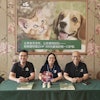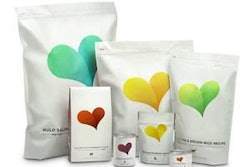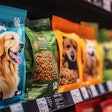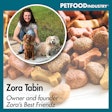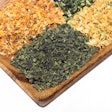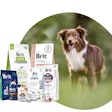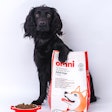
Private equity investment groups continue adding more dog, cat and other pet food companies to their rosters during the ongoing pandemic. This trend in dog, cat and other pet food businesses may persist for years.
For example, in early June, Apax Partners, a private equity advisory firm, plans to buy out premium pet food company Nulo from its existing investor groups, including CAVU Venture Partners and Main Post Partners. Nulo was established in 2010 in Austin, Texas, USA. The brand includes dog and cat kibble, wet food, freeze-dried raw, treats and toppers. More than 5,000 U.S. retail locations sell Nulo products. Nulo products Apax plans to expand Nulo’s digital marketing operations and international sales.
Apax’s pet food industry acquisition follows a pattern that others have followed. Analysts with Investment bank Cascadia Capital identified the rising prevalence of private equity investors in their report, “Pet Industry Overview: Spring 2021.” In the aftermath of the pandemic, large pet food corporations may need to behave more cautiously. Meanwhile, institutional equity groups may have trillions in cash. Following successful pet food industry investments in the wake of the Great Recession, these investors now see pet food as a viable money-making option, according to Cascadia, and likewise, they may dominate pet food industry mergers and acquisitions into 2022. However, investors may find themselves chasing after a limited number of innovative, lucrative pet food companies, which may inflate the value of those companies that do succeed in high growth segments.
The economic and logistic problems caused by the pandemic continue, but overall the pet food industry proved resilient and even benefitted. Movement restrictions meant high-earning professionals worked from home with pets ripe for pampering. Some brought pets into the home for the first time to keep kids occupied, while others adopted a fur baby in lieu of a biological baby. For these reasons and more, pet populations among those most likely to spend more on premium pet foods grew during the pandemic, especially in the U.S. and other wealthy markets.
About Nulo Pet Food
In 2019, Nulo employed 121 people and its annual revenues reached US$20,000,000, according to Petfood Industry’s Top Pet Food Companies Current Data. Initially, Nulo exclusively sold its products online. Eventually, Whole Foods began carrying the Nulo brand in several of its stores.


